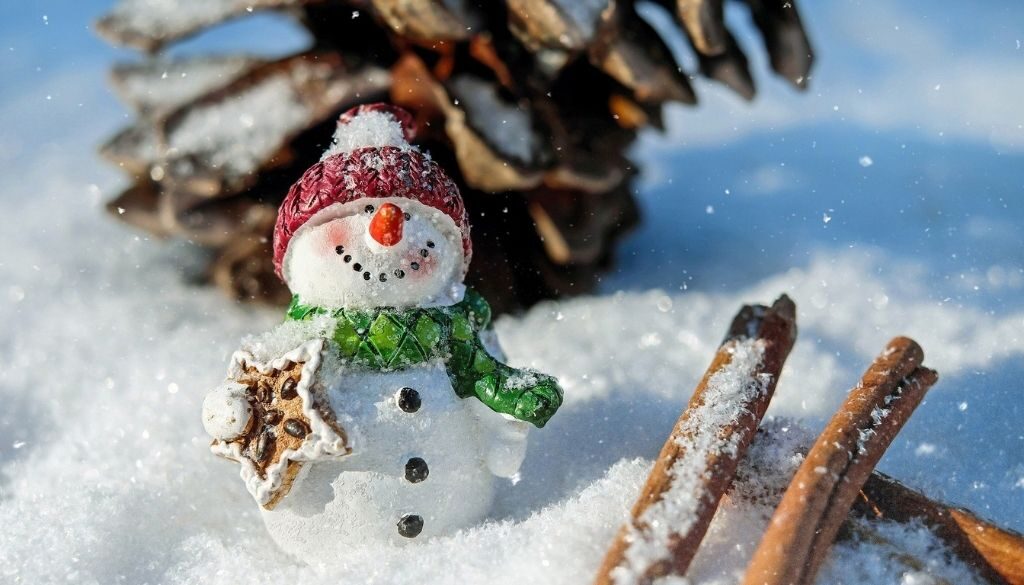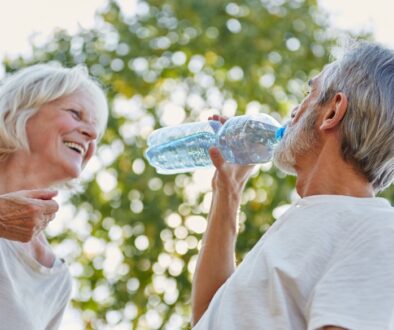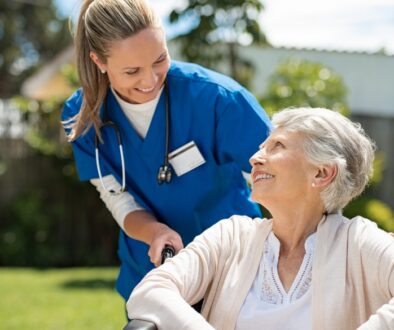How to Protect Elders From Winter
Chilling temperatures and treacherous snow and ice can pose serious problems for seniors and their caregivers during the winter months. Consider using the following pointers to adapt your loved one’s care plan, minimize health risks, and ensure you’re prepared for whatever Old Man Winter may bring your way.
Prevent Hypothermia
Generally, seniors and cold weather can be a dangerous mix. A report published by the Centers for Disease Control and Prevention (CDC) shows that older adults have an elevated risk of cold-related death. Those aged 75 and older are particularly susceptible to cold weather because they tend to have less body fat, less efficient circulation, and a slower metabolism. Certain medical conditions and medications can also affect an elder’s ability to regulate body temperature.
It is possible for a senior to become hypothermic indoors, so the thermostat should never be set below 65 degrees for a person who is 75 or older. Make sure that your loved one is warmly dressed when inside the house as well as outside. If an aging loved one is struggling to pay their heating bills or needs financial assistance to weatherize their home this winter, consider helping them apply for the Low-Income Home Energy Assistance Program (LIHEAP). LIHEAP is a federally funded assistance program that helps low-income families stay warm during winter and cool during summer. To find out more information about your state’s LIHEAP eligibility requirements and how to apply, visit the Office of Community Services website.
Stay Hydrated
Seniors are especially prone to dehydration because they tend to eat and drink less than younger people, thus they consume less water. In general, people feel less thirsty during the winter and do not drink as much as they should. Cold, dry air also contributes to moisture loss, so make sure your elderly loved one is drinking consistently.
Signs of dehydration in seniors include infrequent urination, dark urine, dizziness, and confusion. Monitoring water intake can be an easy way to guarantee they are getting enough fluids.
Prepare for Ice & Snow
Sidewalks slick with ice and snow pose a serious falling hazard for an elderly person. Make sure that your loved one’s porch, driveway, steps, sidewalk, etc. have been thoroughly salted and shoveled. If they are at all unsteady on their feet, it’s best to have someone else handle these tasks, like a neighbor or a hired service. Organizations in areas that are often impacted by inclement winter weather may offer seniors free or discounted snow-shoveling services. When out and about, be sure to maximize a senior’s stability by ensuring they have well-fitting shoes with non-slip soles and new tips or treads on any mobility aids they use.
Make a Disaster Kit
Winter storms can be fierce enough to knock down power lines and confine seniors to their homes. It is essential to make sure your loved one is equipped with a disaster kit to help them get through these times. Each kit should include enough nonperishable food and water for several days (at least 3 gallons of water per person per day), a can opener, a few days’ worth of any necessary medication, a flashlight, a battery-powered radio, extra batteries, and first-aid essentials.
Be Smart About Space Heaters
While these devices can provide much-needed warmth during the colder months, precautions must be taken so these sources of heat don’t become health hazards. If the senior uses a gas-powered heater or generator, make sure there is a functional carbon monoxide detector in their home. If they use electric heaters, inspect all power cords for fraying and get rid of any damaged devices. Keep all heaters away from flammable materials, such as cloth and paper, and make sure to regularly test and place new batteries in all smoke detectors and carbon monoxide detectors.
Dress Appropriately
Mittens, scarves, sweaters, hats, and coats are a few must-have articles of clothing for seniors living in colder climates. Even when an elderly person is indoors, they should be dressed in warm, comfortable layers so they can take items off if they are too hot or put more on if they are too cold. Older adults tend to catch chills easily, so warm socks, closed-back slippers with slip-resistant soles, and cozy throw blankets are ideal.
Electric Blankets
Electric blankets can keep seniors toasty, but they must be used very carefully to avoid burns, electric shocks, and even fires. Any electric blankets or mattress pads that are more than a few years old may need to be replaced. The coils inside the fabric as well as the power cords and controls can get damaged over time, increasing the risk of accident or injury. Look for a model that has an automatic shutoff feature and be sure to use and store electric blankets responsibly. Those with poor circulation and nerve damage should use extreme caution when using heated blankets to avoid thermal burns or refrain from using them altogether.
Keep Others Safe
With the winter season right around the corner, protect your loved ones using these seven tips. It will help them stay safe and healthy!
Source: Aging Care




